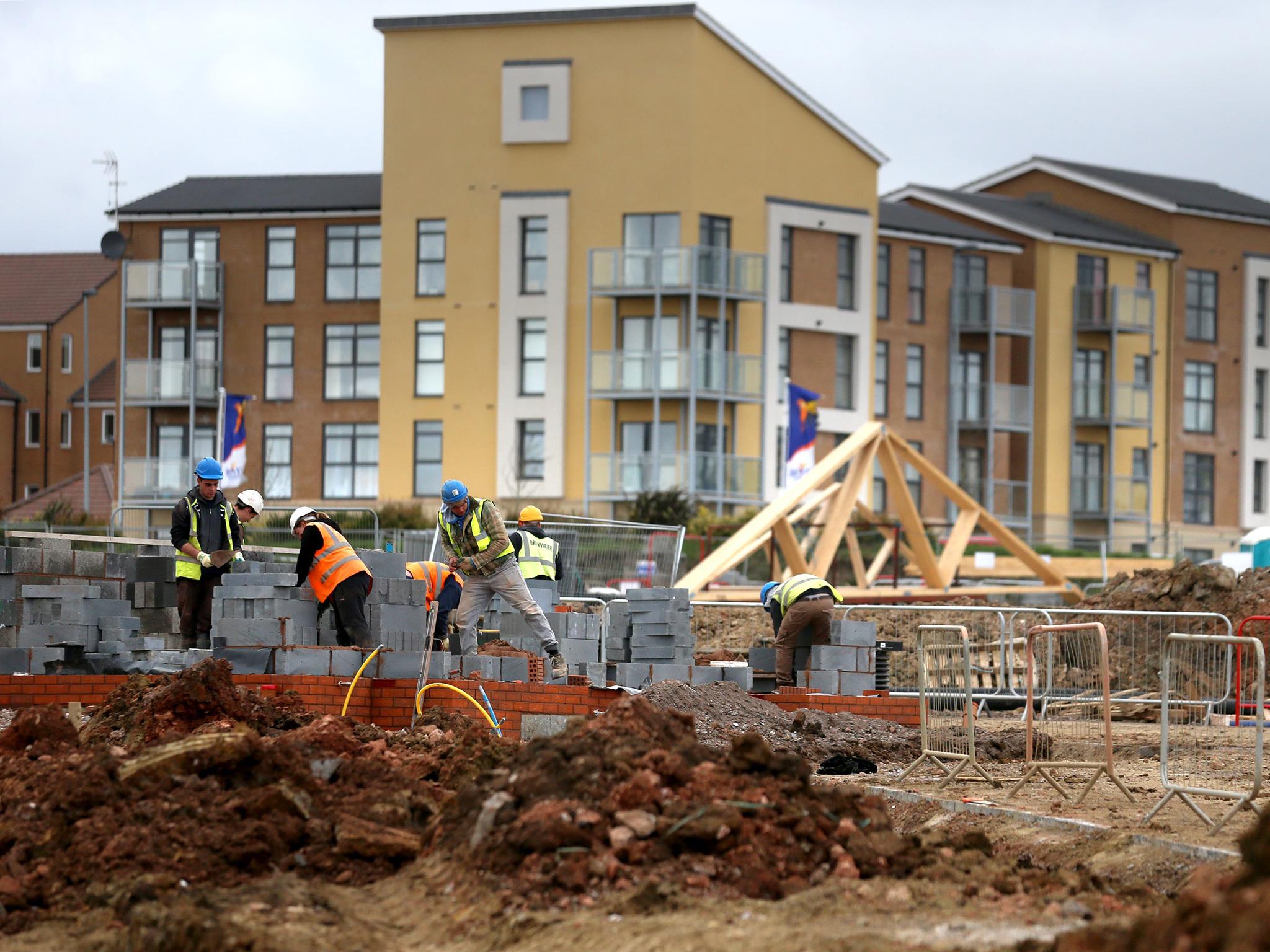Today the government sold off RBS shares on the cheap to fund a housing policy that widens inequality – it's unacceptable
There are numerous alternatives, one of which would have seen every UK-born 25-year-old receive a £10,000 'inheritance' from the state. So why was the government so determined to sell?

This morning the Chancellor quietly sold a 7.7 per cent public stake in the Royal Bank of Scotland, raising an estimated £2.6bn. The decision speaks volumes about the UK’s flawed economic priorities and time horizons – and the need for more innovative and systemic thinking around how to reform our dysfunctional political economy and financial system.
RBS was rescued from ruin in November 2008 in the biggest bank bailout in history. The public pumped in £45bn to save a financial institution whose assets had grown to £2.2tn – more than double the size of the UK economy – through reckless and unsustainable expansion. At its most critical point, when its potential implosion threatened the entire economy, RBS’s core capital ratio – an effective indicator of a bank’s financial strength – was just 4 per cent. After much restructuring under majority public ownership, it is now a much more secure 13.4 per cent and in February the bank posted an annual profit of £752m, its first in a decade.
Despite the turnaround, the government has reduced its stake in RBS from 70.1 per cent to 62.4 per cent, the first disposal since the summer of 2015, when shares were sold at a billion pound loss for the public. Today’s decision is potentially even worse value for money. The decision to sell 925m shares at the price of 271p means the UK has lost just over £2bn on these shares, as RBS was bought for 500p a share in 2008. Indeed, the loss to the taxpayer is likely to be higher; last year the National Audit Office estimated that once you factor in the financing costs of acquiring the shares, the break-even price for an RBS share sale was 625p, meaning a loss of nearly £3.3bn today.
This is only the start of a rolling sell-off of national assets. The Office for Budget Responsibility (OBR) has forecast that the proceeds of planned government asset sales between 2017/18 and 2022/23 will raise around £55bn, with the majority coming through the disposal of assets acquired during the financial crisis, including RBS and Lloyds.
Critically, the government plans to sell £15bn worth of RBS shares by 2023, with the revenue earmarked to help fund the extension of the government’s Help to Buy programme. This is a scheme that the government’s own Social Mobility Commission has found largely benefits the already wealthy and increases house prices. In other words, we are selling off strategic assets on the cheap to fund a policy that worsens affordability of housing for many, deepens wealth inequalities and exacerbates the very trends of over-leverage and excessive debt that lead to the financial crisis in the first place.
The unstrategic sale of public assets to fund the short-term pump priming of the housing market epitomises the outsized and dysfunctional role home ownership and housing equity play in our economy and politics.
Now is the time to think much more systemically about the role we want finance and public wealth to play in society. There is, for example, a strong argument for retaining RBS in public control. It is a substantial asset of systemic importance to the economy that is now returning a regular stream of income directly to the public.
What’s more, a restructured RBS could form the nucleus of a network of regional specialist investment banks, helping reorient finance towards what should be its core: providing productive investment and patient capital for the real economy.
If the government insists on continuing with its unstrategic sale plan, permanently losing both benefit and control rights, then at the very least the revenue raised should be used for the benefit of the nation as a whole – across regions and generations – and not to fund the destabilising and unequal giveaway that is Help to Buy. One example would be to use the revenue the asset sales will generate to capitalise a Citizens' Wealth Fund.
A Citizens' Wealth Fund is a type of sovereign wealth fund owned by and run in the interests of citizens, managed independently but within democratically set ethical and social restrictions. By owning a broad portfolio of assets on behalf of the public, it would transform a part of national private and corporate wealth into shared net public wealth. Over time, the income of the fund can help ensure everyone benefits from rising returns to capital, not just a wealthy minority.
A Citizens’ Wealth Fund could be worth £186bn by 2029/30, if capitalised from 2020/21 using a mix of asset sales, capital transfers, new revenue streams, a small amount of borrowing and returns reinvested through the decade. This would be large enough to pay all 25-year-old UK-born citizens a one-off capital dividend of £10,000 from 2030/31, providing a universal minimum inheritance for all. Of course there are a range of options that the fund’s dividend could support over time; the crucial point is that we need to nurture and develop the Commonwealth through expanding models of public ownership, not sell the family silver on the cheap.
Mathew Lawrence is a senior research fellow at IPPR and co-author of Our Common Wealth: A Citizens' Wealth Fund for the UK. He tweets @dantonshead

Join our commenting forum
Join thought-provoking conversations, follow other Independent readers and see their replies